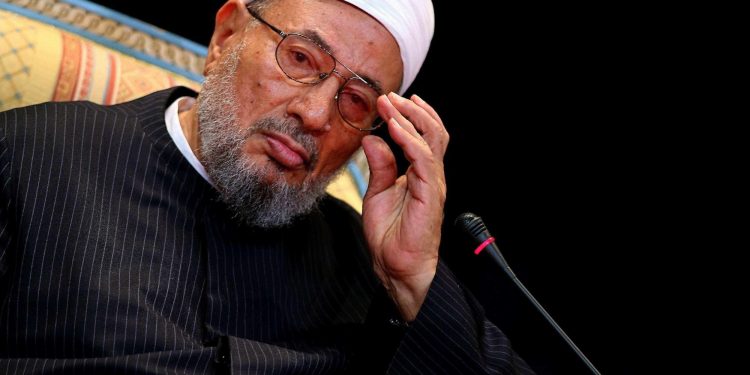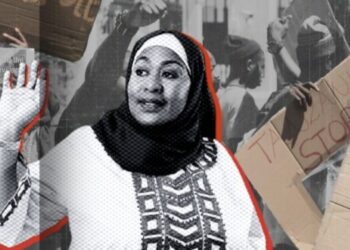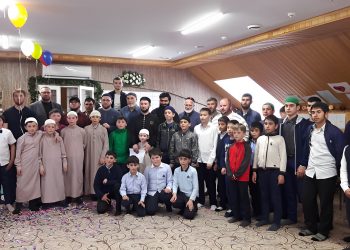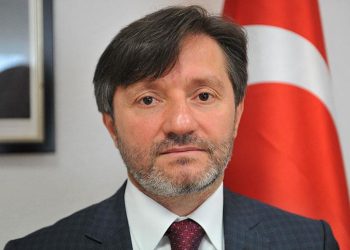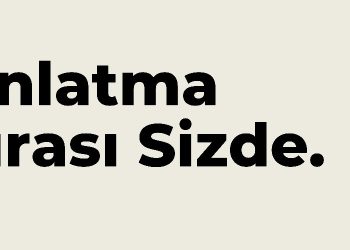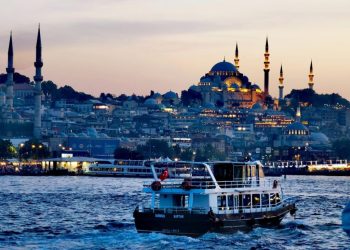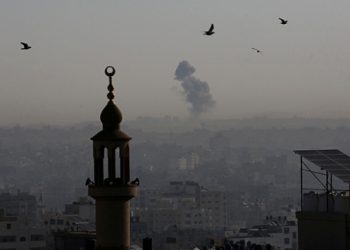Yusuf al-Qaradawi was both a great scholar who produced many works and a person who approached the issues of the ummah sensitively. What would you say about Yusuf al-Qaradawi’s contributions to the formation of the ummah’s consciousness and his effects in the Muslim world? What were the distinguishing features of Yusuf-al-Qaradawi as a scholar?
Yusuf al-Qaradawi is accepted by all scholars as one of the greatest scholars of the last century. He left his valuable scientific works in various fields to the ummah as a great legacy. Yusuf al-Qaradawi was a scholar as well as a martial person. He was a caller who spread knowledge and wisdom in almost every corner of the world. He gave importance to the unity of scholars for the unity and solidarity of the ummah. He was leading the way of sobriety away from exaggeration and understatement.
Along with the al-Qaradawi’s scientific depth and specialization in various branches of science, it is necessary to underline the following: No one is innocent except the prophets. It is not correct to say that any scholar is one hundred percent correct in his opinions. Therefore, while appreciating the greatness and services of any scholar, it should be a very normal thing to disagree with his thoughts on any subject. We may disagree with some of his jurisprudence and scientific findings. These are very normal things among scholars and teachers. It is not right to reject him completely only because we do not agree with his opinion on some particular issue. In the same way, it may not be right to accept everything in every way due to the services of some scholars. It is necessary to consider this issue in this context.
Yusuf al-Qaradawi was a great scholar with a wealth of knowledge. When we look at his works, we see that he has produced works with great scientific weight in almost every field. The answer to the question of how useful such a person, who devoted his life to science and teaching, is to humanity, emerges spontaneously. Qaradawi has several academic master pieces to his credit and is a distinguished preacher at the same time hence has addressed dozens of conferences around the globe. It also comes to mind when a scientist is mentioned. One of his most important contributions is his effort for the unity of the ummah. The International Union of Muslim Scholars is the biggest example of this. Through this institution, schoalrs from all over the world who think differently from each other have come together.
In addition to his depth and extensive knowledge in Islamic sciences, the most important feature of our late teacher was that he offered scientific solutions to today’s issues by acting on the basic principles of Islam, knowing the reality of the century and society in which he lived. Yusuf al-Qaradawi struggled against the feeling of hatred and hate speech; He adopted the way of being a herald and facilitator. Our Prophet (pbuh) said: “Make things easy for the people, and do not make it difficult for them, and make them calm (with glad tidings) and do not repulse (them).” He was a live practitioner of the hadith. The most important feature of the International Union of Muslim Scholars, of which he was the founder, was to ensure the emergence of a dialogue, tolerance and solidarity among Muslim scholars. Mildness was one of the rare personalities of the Muslim world as a person who put the discourses of Yusuf al-Qaradawi into action with his benevolent aspect.
Muslim scholars from many sects and communities came together under the umbrella of the International Union of Muslim Scholars. Yusuf al-Qaradawi (late) was also one of the founders of the International Union of Muslim Scholars. As the founder and president of the International Muslim Scholars Solidarity Association (UMAD), we would like to ask you about the relationship between the International Union of Muslim Scholars and UMAD. Can you talk about the importance and activities of these institutions?
Your question is a two-way question. One side of this is the International Union of Muslim Scholars and the other is UMAD. The International Union of Muslim Scholars is an international institution founded by the late Yusuf al-Qaradawi. I am on the board of this union and am also responsible for Türkiye. UMAD, on the other hand, is a different and independent institution established in Türkiye. UMAD, which is a scientific, local and national institution, is a roof where people who are engaged in science such as scholars, teachers and academics come together. UMAD is a local organization due to its establishment in Istanbul. It is also a national institution. It is an organization that attaches importance to national values and cares about the unity and well-being of the homeland. The more important the responsibilities of scholars in their own scientific fields, for example, the services provided by a teacher who is an expert in the field of Hadith or Tafsir, in this field, the more important and necessary is their responsibility towards the land they live in. Because of this, UMAD is a scientific, local and national institution. The nationality we are talking about here is not about racism and ethnicity because our understanding as Muslims is based on the Qur’an and the Sunnah. What we mean by being national is the love of homeland. We look at this issue in the perspective of the hadith “The earth has been made for me clean and the place of worship.” A person without land has no place to prostrate. Therefore, patriotism is one of our values.
The numerical multiplicity of organizations working in the humanitarian and Islamic fields is a blessing because every organization is like a fountain. It is a blessing of Allah that people reach more than one source. The important thing is that the flowing water is clean and comes together in a common pool. If you want to support millions of people morally, scientifically and spiritually, you have to bring them together. UMAD stays away from exaggeration and understatement. It is an umbrella organization that brings together scholars who grew up in madrasahs in eastern Türkiye, teachers and academics from congregations that are widely followed in our society. Leaders of moderate congregations serving the society in the field of science, guidance and propagatipn, which are considerable in Türkiye and have a counterpart in the society, are within UMAD. In short, UMAD is a unique organization that brings together scholars from all over Türkiye. As an independent non-governmental organization, UMAD’s relationship with the International Union of Muslim Scholars can be compared to the relationship of the organs of a body with each other in terms of cooperation and solidarity. These two organizations are in constant dialogue, but UMAD is not a branch of the International Union of Muslim Scholars.
The International Union of Muslim Scholars is an institution founded by Yusuf al-Qaradawi, observing the principle of being vasat. The most prominent teachers, scholars and opinion leaders from both Islamic and other countrie meet under the umbrella of the Union. Yusuf al-Qaradawi was a very valuable name for the world as a scholar. Establishing the International Union of Muslim Scholars in itself is a service that will make him well-remembered. Our Prophet (pbuh) said, ” Whoever guides someone to goodness will have a reward like one who did it.” Yusuf al Qaradawi became a pioneer with the establishment of the Union of Muslim Scholars.
While establishing UMAD, we observed the principle of leading a good cause. It is a first initiative for the scholars of Ahl as-Sunnah, who think moderately and are far from exaggeration and understatement to come together with different dispositions, thoughts and tendencies under UMAD in Türkiye. People think differently from each other. It is against nature for everyone to think the same. The important thing is to be together in the circle of basic principles. Apart from basic rules and principles, different opinions and thoughts are natural and inevitable. For example, among our four major imams, as well as between our interpreter imams and their students, they have different opinions on individual issues. However, there is no separation in terms of basic principles and nas. Comments may differ in areas open to interpretation other than “Nas”. Everyone has opinions that change according to the time and conditions in which they live. Not everyone has to think the same about everything. The important thing is to come together with the differences. This was needed in our country. By establishing UMAD, we tried to be instrumental in this. This is the institution of scholars. Scholars are people who serve science and enlighten people. There are two centers of learning in Türkiye: one is theology and the other is madrasahs. Both of our scientific institutions are important and valuable institutions and complement each other. UMAD is instrumental in bringing together the leading academicians, scholars and teachers from both of our scientific institutions.
Important programs and scientific workshops are held at UMAD headquarters under the bodies of education, propagation, guidance and youth commissions, as UMAD is a first for various dispositions, professions, and different jurisprudence and thoughts, as it is the meeting point for professors and academics. In addition, intensified monthly and weekly training programs are conducted for various madrasah and theology graduates and teachers.





































